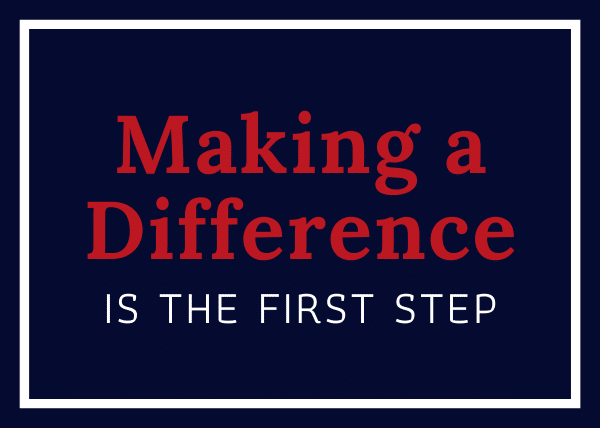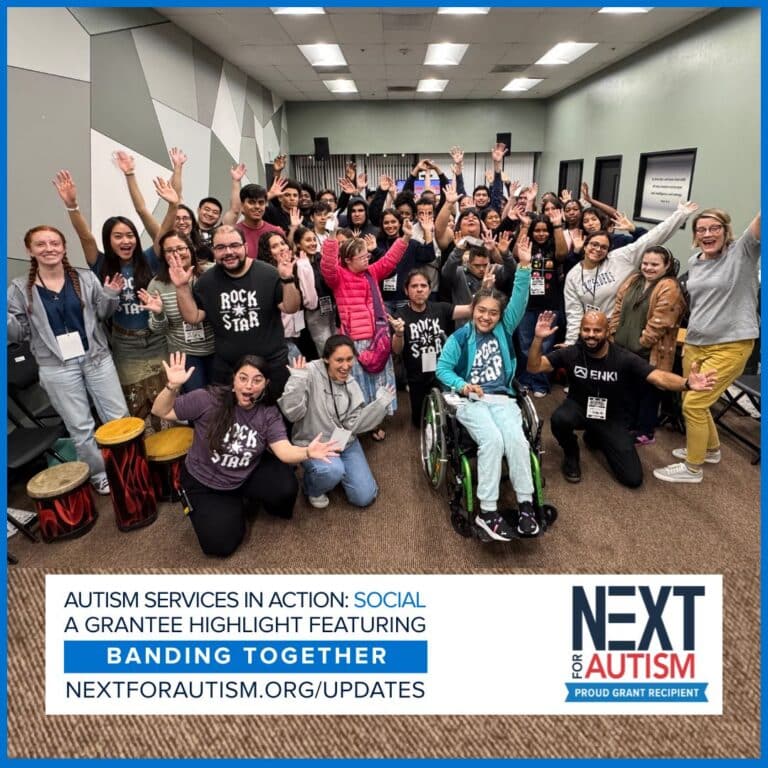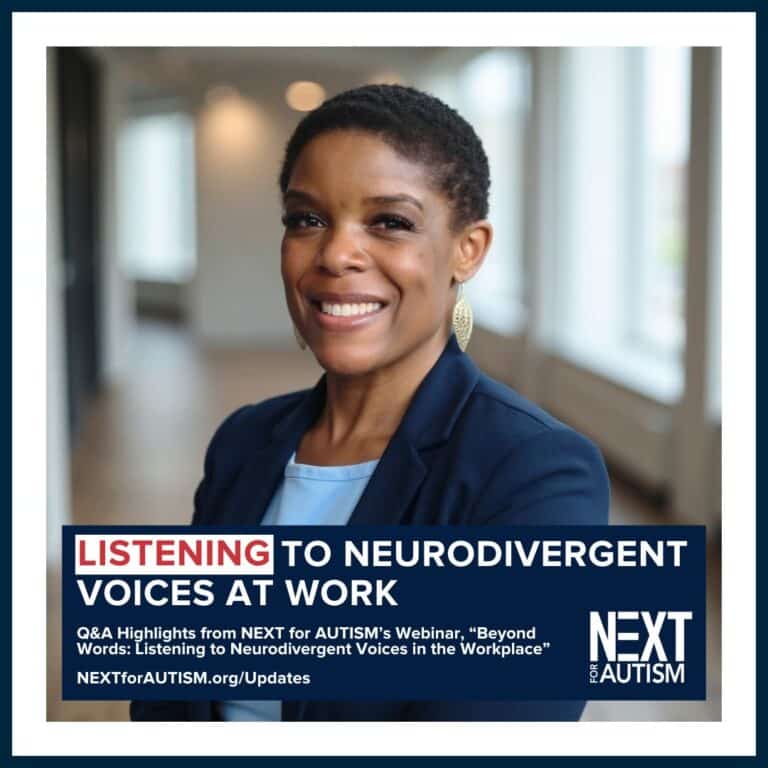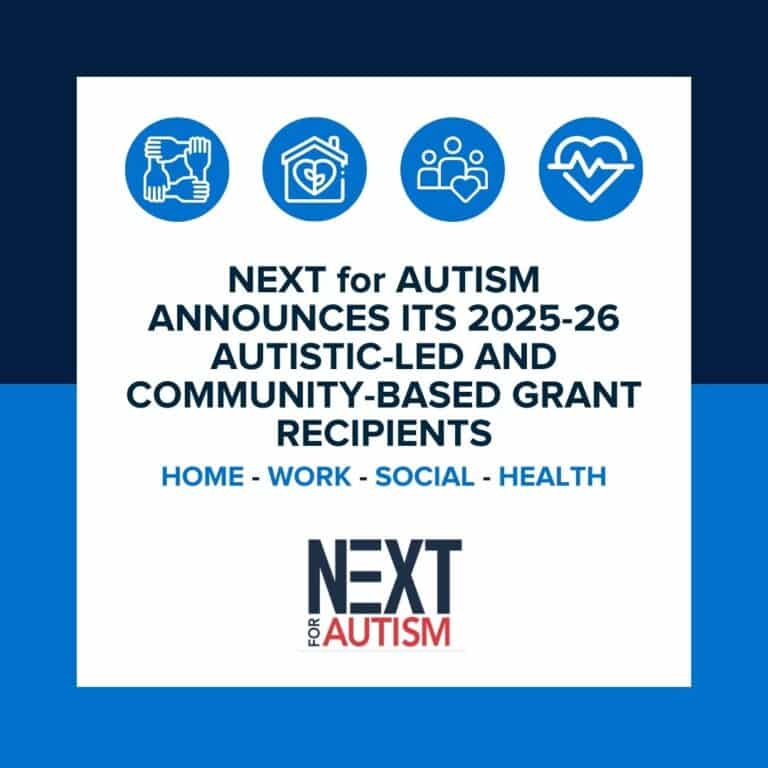Brad Walker, VP of Community Living Supports, trains and consults with staff at NEXT for NEIGHBORS, our community living program currently in development. The program will employ the Professional Family Teaching Model, which emphasizes family-style living in a supportive, teaching environment for adults with autism. To honor National Caregivers Month, Brad celebrates two, exemplary professional family caregivers whom he had worked with before joining NEXT for AUTISM. He plans to train NEXT for NEIGHBORS professionals using the same methodology that he used to train the couple in this article.
When I interview applicants for positions as service providers, I often ask, “Why are you interested in this work?” Typically the answer I get is: “I want to make a difference in someone’s life.”
This is a great start to build on. Having been a direct service provider and a supervisor of the Professional Family Teaching Model (PFTM), I’ve come to realize that effective caregivers are also true partners, people who “do with” the client, rather than “do for” them. They have an indispensable trait – the desire to coach by example, encouragement, and positive reinforcement.
Successful PFTM caregivers are teachers at heart, people who are motivated to coach and who empower their clients to do for themselves and gain ownership over their lives.
I didn’t fully understand this until I met Lenny*, a man with autism in his late-fifties who’d spent most of his adult life in institutions. Lenny was a client in a shared living house that I supervised before joining NEXT for AUTISM. His professional family coaches were Kara and Michael.* After only a few months, it was clear that Lenny had benefitted a great deal from excellent coaching that emphasized self-governance and empowerment. Kara and Michael, whom we trained, had met and exceeded some of the key outcomes measurements of the program. Lenny’s behavior proved it. Here are a few examples.
Choice and Control
Having lived in an institution, Lenny had been highly supervised. Despite how capable he was, he had to ask permission for almost everything he did. It was a contrast to his new home, where Lenny appeared to have control over his daily life and ownership of his decisions. He was taught to dress himself, make his own lunch, and go about his day with greater purpose and ease. Kara and Michael worked with Lenny closely on making choices that were appropriate for him and that he owned.
High Participation in Daily Experience
Lenny didn’t hesitate to move around and take initiative in his new home. He welcomed me at the door with great excitement, clapping his hands gleefully and inviting me into his home. He then gave me a detailed tour of the rooms, making sure to show off his kitchen, a very special place since he had not been allowed into the kitchen at the institution. I never once saw Lenny ask permission from Kara or Michael to open doors or cabinets or to move around freely. They made family decisions, such as planning meals and chores, together.
Effectively Learning Opportunities
Kara and Michael were trained to view every moment living with Lenny as a possible teaching moment. While showing me the kitchen, Lenny organically demonstrated the lessons he had learned. He offered me a drink and a snack. Or, he said, he could make me a ham sandwich with mustard or mayo if I’d like. This might seem mundane to most people, but for someone like Lenny to reach that level of social ease meant hours of teaching and practice.
Positive Relationships
I could feel the respect and dignity in the home based on Kim and Michael’s interactions with Lenny. They didn’t act like staff who did things for Lenny, but instead stood back, ready to support him to take initiative. They were open and positive, and always encouraging and kind. Yes, like many people, they were eager to make a difference in Lenny’s life, but through our training and by their own motivation, they made a constructive difference; they empowered Lenny to live his own life.
To learn more about the Professional Family Teaching Model and the pilot program, NEXT for NEIGHBORS, please visit https://nextforautism.org/work/next-for-neighbors/
*Names have been changed for privacy reasons. Lenny, Kim and Michael are not affiliated with NEXT for NEIGHBORS, although the method used to train them will be used.








Leave a Reply